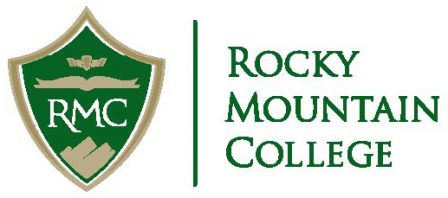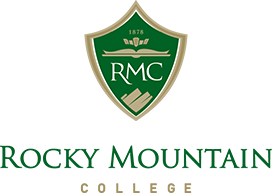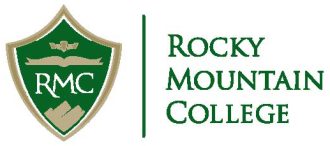Networking
October 14, 2022 2024-02-16 17:02Basics
Networking is developing a professional support system to help you throughout your professional life. As professionals help you in your early career, you will also support others as you move throughout your career. Networking helps you expand your knowledge about a career field, a specific job, service, or geographic region.
Benefits of Networking
- Provides a perspective of work that goes beyond a job title, allowing you to see what skills are required for a job and how you might fit into a work setting.
- Informational meetings and conversations are comparatively low stress and allow you to gain confidence in talking with people in a professional setting.
- First-hand, current information opens windows and doors into an organization you can't learn through job listings, in classroom settings, or outside research.
- Gives you a chance to meet potential employers before an official interview.
- Creates a network of contacts that are beneficial far beyond landing a job. Your network will grow as you grow in your career.
Networking Contacts
- Fellow students, friends, coaches, and family: They know you and you know them, making these people a great place to start networking.
- RMC Alumni: An excellent source of information, and you already have at least one thing in common.
- Faculty and staff: Contacts in the professional world, the RMC faculty and staff are also a great source of information about graduate school.
- Career Services contacts: Career Services works with employees with internships and recruitment and can often introduce you to people in your career field.
- Online (LinkedIn): This professional networking site is a great way to make new contacts, and there is an RMC Career Connections group already established.
Networking Etiquette
Before
- Make contact by phone, email, or letter, depending on how you know the person.
- Enclose a résumé so the person knows your background.
- Email or letter should include some background, but should not directly ask for a job or internship.
- Ask for 15-20 minutes of their time.
- If contact is made in writing, follow up with a phone call. Don't expect the person to initiate contact with you.
- Proofread all of your correspondence.
During
- Be punctual and polite.
- Dress professionally.
- Ask thoughtful, appropriate questions. (see below)
- Listen. Soak up all the information they are sharing with you. Don't be afraid to take notes.
- Be prepared to talk about yourself, your experience, and interests.
- Keep it relatively short. Respect the time they are giving you and make the most of it.
- Ask for a business card and also any suggestions for others in the field they might suggest you contact.
- Don't forget to say "thank you."
Typical Networking Questions
- How did you get interested in and get a start in this work?
- Does your work relate to your college experience and study?
- What is a typical day like?
- What is the necessary or recommended education or training?
- How did college prepare you for this job?
- What do you like and dislike most about this job (or organization)?
- What are entry level opportunities?
- What are the prospects for advancement?
- What is a typical career path in this field or organization?
- What position is the best for learning as much as possible?
- What types of experiences or skills and abilities are employers in this field most interested in?
- How would you describe the working atmosphere and the people with whom you work?
- How do you see the company fulfilling its mission?
- Who else would you recommend that I speak with for advice?
- Get more networking tips and informational interviewing ideas.
Follow Up
- Send a thank you note immediately. Hard copy letters are much appreciated, but emails are also acceptable. Personalize your letter by referencing something from your conversation that was particularly helpful.
- Reflect on your conversation, review your notes, and make notes about your overall impression.
- Contact people referred to you by the contact. Make sure to immediately mention the mutual contact as well as particular reason why the person recommended this new person might be helpful.
- Keep your contacts informed. If your original contact referred you to someone who was particularly helpful, send him/her a note with that information.
Contact
Career Services
Bair Family Student Center 116



